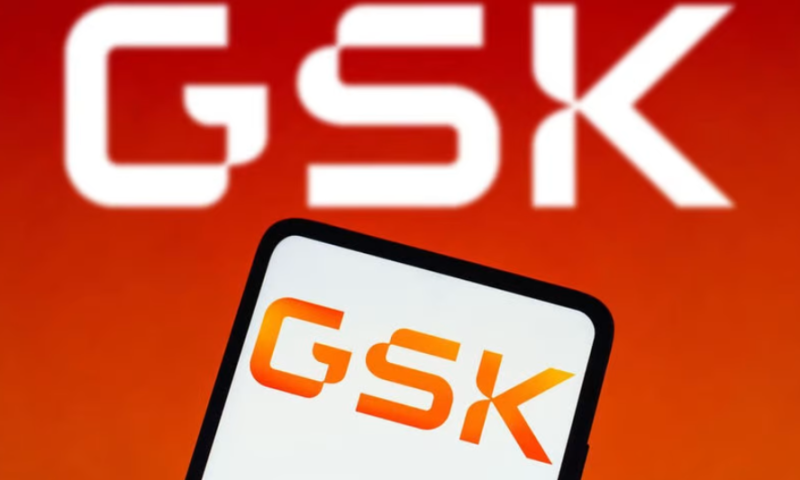GSK was hiding a strong hand in the high-stakes respiratory syncytial virus (RSV) vaccine game. Having kept its phase 3 results under wraps, the Big Pharma has now released data from the trial—and revealed itself to be a genuine challenger for a market targeted by Pfizer, Johnson & Johnson and Moderna.
In June, GSK reported that its adjuvanted RSVPreF3 older adult vaccine significantly reduced lower respiratory tract disease (LRTD) caused by RSV in adults aged 60 years and older in a phase 3 trial, without sharing any data from the study. Then, Pfizer laid down the marker for other RSV vaccines to beat in older adults, linking its candidate to 85.7% efficacy against more severe infection, as well as 66.7% efficacy versus milder RSV.
Thursday morning, GSK revealed it beat the Pfizer figures handily, although the caveats about cross-trial comparisons and differences between how the studies defined cases complicate the analysis. Even so, the data set reads like good news for GSK.
The AReSVi-006 study of 25,000 people linked a single dose of the vaccine candidate to overall efficacy of 82.6% against RSV-LRTD, causing it to meet the primary endpoint. Efficacy against severe RSV-LRTD came in at 94.1%. GSK shared various other slices of the data to show its shot is effective against both RSV subtypes, in patients with comorbidities and in multiple age groups.
Only two of the analyses presented by GSK fell short of statistical significance. First, the vaccine achieved 33.8% efficacy in people aged 80 years and older. Second, efficacy in frail people, as determined by their walking speed, was 14.9%.
Excluding those blemishes, the results look to put GSK in a strong position as it works to file for approval by the end of the year. Pfizer targeted a fall 2022 submission when it posted its phase 3 data in August, suggesting the two front-runners could come to market around the same time and then later be joined by J&J and Moderna. The two trailing companies are both in phase 3.
The details will matter in what looks set to be a highly competitive blockbuster market. At first blush, the GSK data set looks to give it an edge, but details such as the fact its definition of severe disease—LRTD with at least two lower respiratory signs or assessed as severe by the investigator and confirmed by the external adjudication committee—differs somewhat from that of Pfizer leaves scope for further twists.

